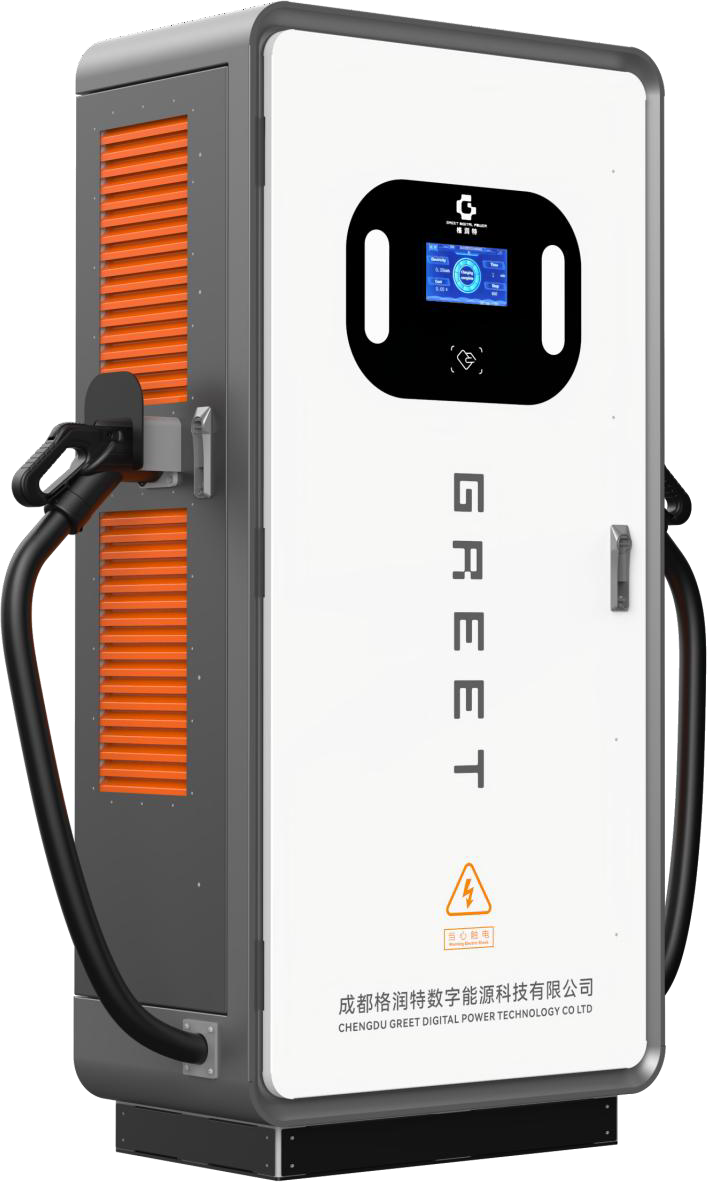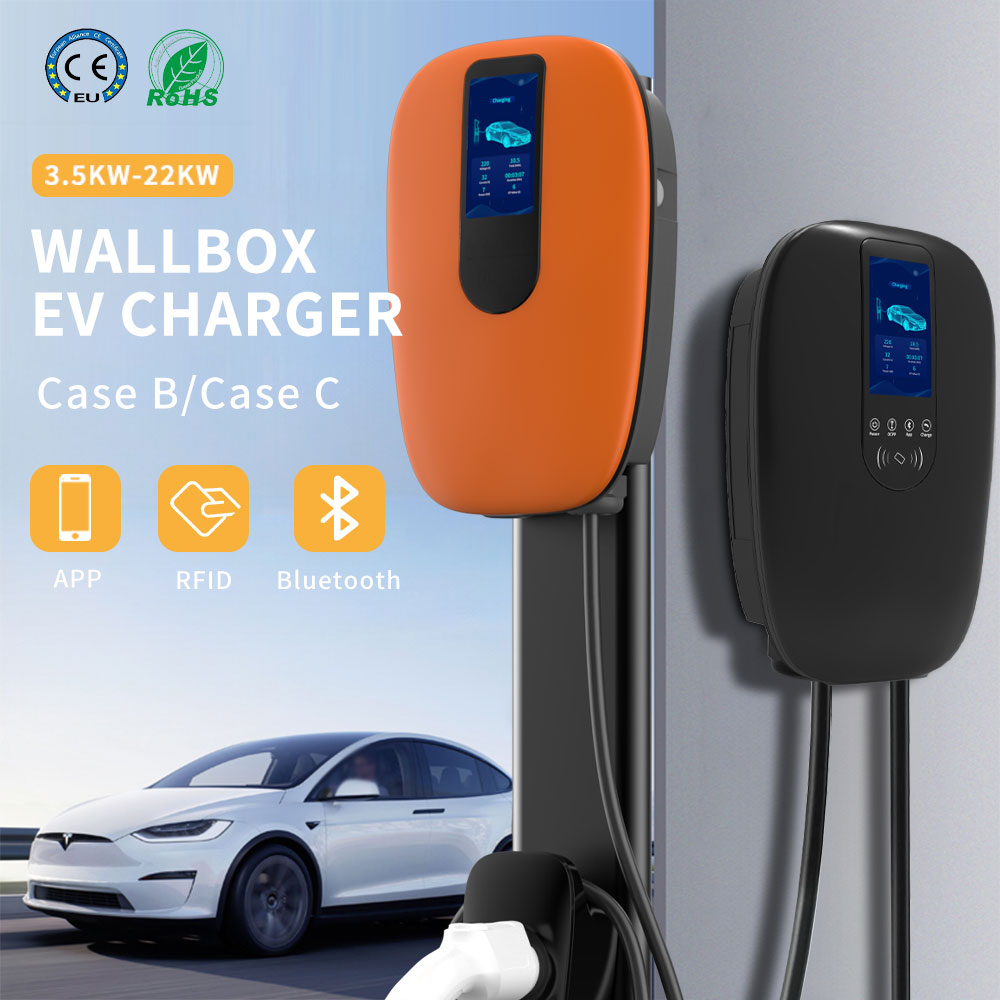The future of electric vehicle charging technology is a topic of considerable interest and speculation. While it is challenging to predict with absolute certainty whether AC chargers will be completely replaced by DC chargers, several factors suggest that the dominance of DC chargers might increase significantly in the coming years.
One of the primary advantages of DC chargers is their ability to deliver higher power levels directly to the battery, enabling faster charging times compared to AC chargers. This aspect is crucial for addressing the issue of range anxiety, which is a significant concern for many potential electric vehicle buyers. As battery technology continues to improve, the demand for faster charging solutions is likely to intensify, pushing the industry toward the adoption of DC chargers.
Additionally, the efficiency of DC chargers is typically higher compared to AC chargers, which results in less energy loss during the charging process. This efficiency can contribute to reduced charging costs and a more sustainable charging infrastructure, which aligns with the global push for environmentally friendly solutions.
Furthermore, the growing popularity of electric vehicles and the increasing investments in charging infrastructure suggest a need for more versatile charging options. While AC chargers are suitable for overnight charging and residential settings, the proliferation of electric vehicles demands faster charging capabilities, especially in public spaces and along highways. This requirement for rapid charging could drive the widespread deployment of DC chargers to meet the rising demand for efficient and convenient charging solutions.
However, it is important to note that the transition from AC to DC charging infrastructure may not be immediate or universal. The existing AC charging infrastructure, including home charging setups and certain public charging stations, will likely remain in use for some time. Retrofitting existing infrastructure to support DC charging can be costly and challenging, potentially slowing down the complete replacement process.
Moreover, advancements in AC charging technology, such as the development of higher-powered AC chargers and improvements in charging efficiency, may continue to make AC charging a viable option for certain use cases. Therefore, it is more plausible to envision a future where a combination of AC and DC chargers coexist to cater to different charging needs, providing a comprehensive and accessible charging network for electric vehicle users.
In conclusion, while the dominance of DC chargers is expected to grow in the future, a complete replacement of AC chargers is not certain. The coexistence of both AC and DC chargers will likely be necessary to meet the diverse charging requirements of the expanding electric vehicle market.
https://www.cngreenscience.com/wallbox-11kw-car-battery-charger-product/
Post time: Oct-19-2023






